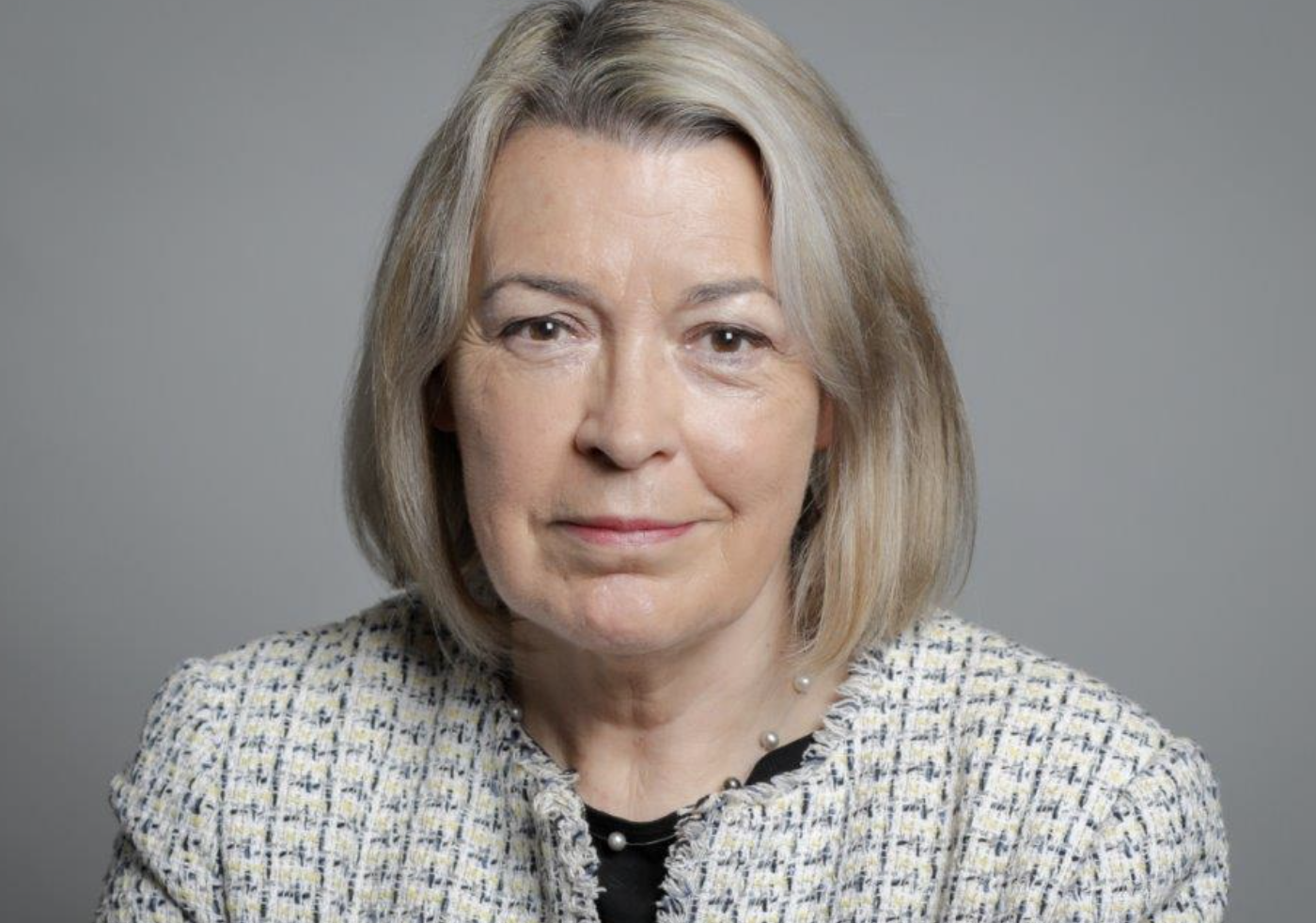Ed Mayo, chief executive of Pilotlight, questions the necessity of professionalism in certain contexts
____________________________________________________________________
Charity work takes skill.
It takes talent to be able to engage with young people attending a youth club that are facing the realities of knife crime or poverty. It is a skill to be able to talk to a survivor of abuse and map a supportive pathway. It is an art to manage an army of volunteers to deliver complex service on a tight budget.
So why is there sometimes a question mark over whether charities should be professional?
The public view is a mixed one. They see charities as more caring, that the information we give is more to be trusted, but they don’t believe that our services will be more professional than those of other sectors.
And there are questions about the shift to professional ways of working. The academic Colin Rochester in 2014, for example, challenged emerging professional models of volunteer management. He declared that “the dominant paradigm threatens the untamed and often maverick expression of free will that defines the authentic spirit of the volunteering impulse, and can serve to separate and distance the work of [voluntary organisations] from those volunteers and voluntary groups that occupy the world of activism.”
So should charities then be amateur?
Arguably, if to be amateur is to be unpaid, then the voluntary sector always relies on a level of amateurism. Even the largest, most professional charities have unpaid trustees, people with all the formal control rights, acting in a voluntary capacity.
Amateurs are key to success in some areas. In campaign groups, the role of professionals is often to mobilise amateur action. Around thirty years ago, I launched a petition on third world debt which remains a Guinness Book of Record for the largest physically signed petition across the world - with 24,391,181. It turned out millions of people taking action was exactly what was needed for the campaign, Jubilee 2000, to persuade world leaders.
But the reverse can also be true. The role of amateurs can be as a multiplier for professional action – for example in raising funds for cancer research. Over half of all people who give to charity in the UK give to cancer charities.
Either way, here is a common and distinctive feature of life in charities - that there is an interplay between the professional and the amateur.
We see this interplay in our work at Pilotlight. We support frontline charities working on disadvantage by bringing in teams of business experts to support charity leaders.
There are professional skills and support that smaller charities simply can’t afford. The way that we address this is through a form of mutual exchange, rather than business charity partnerships that are anything but – where charities put up with tokenistic employee volunteering, shallow PR or inappropriate advice to get a corporate donation.
Through Pilotlight, what we have evolved is a pro bono programme in which each learns from the other. We call this ‘skills sharing’ and there are around 650 members of Pilotlight in the UK today, fifty per cent men, fifty per cent women, giving their skills for public good using this approach.
To make this work, we form teams that provide strategic coaching support for charities through a process that is curated and evaluated with care, to ensure that the skills exchange is effective. The focus is on organisation development – a patient exploration of how to unlock the potential of a charity.
We track impact closely and can evidence the consistent gains in terms of charities increasing their reach of beneficiaries over time from pro bono support. Pilotlight was acclaimed earlier this year as one of the top five social enterprises in the UK in terms of impact.
As one charity leader, Lorraine Webb, founder of the Venus Charity in Bootle, that I visited recently said to me “this has been the most eye-opening experience of my life”.
Skilled volunteering of this form overturns the traditional equation of volunteers and amateurs. What we do is closer to what the innovation writer Charlie Leadbeater has called ‘pro am’ - professional amateurs.
So what are the professional skills that charities need?
Over the last two years, in our research, skills around partnerships with the commercial sector, fundraising capabilities and digital come out top:
● Building partnerships with the commercial sector - 58%
● Fundraising - 58%
● IT and digital - 49%
● Branding and communications - 46%
● Leadership and strategy development - 31%
● Legal - 27%
● Financial - 23%
The flip side is the array of skills that charities already draw on. According to NCVO, over half the voluntary sector workforce (51%) is educated to degree level. 43% of voluntary sector employers say their staff have skills and qualifications that are more advanced than required for their current role, higher than in the public or private sector.
And of course the skills needed, and what professionalism means will vary across the diversity of the charity sector – the youth sector will not define professionalism in the same way as a conservation charity might.
Alongside this, charities increasingly recognise lived experience as a form of expertise. This is such an important focus in the sector right now, with great examples of participation based on lived experience in the poverty movement and in the refugee sector.
Recognising lived experience can be in tension with giving status to professional skills. Decades ago, the great community development practitioner Tony Gibson would say that local people are the world’s greatest experts on what it means to live in that area. But… in contrast professional bodies such as housing associations have proved reluctant to bring tenants meaningfully into employment, into supply chains and into governance.
Professions always have a tendency to operate in closed ways. Many professions after all have been complicit in institutional racism, operating as a force for social exclusion rather than inclusion.
Even so, even participatory, activist causes still typically need professional skills.
How to foster a different set of professional skills is one that the co-operative sector, where I have worked for many years, has sometimes got right and sometimes got wrong. In the nineteenth century, the co-operative movement was an extraordinary accelerator for working class talent, investing in education far in advance of universal schooling. But by the late twentieth century, consumer retail co-ops were so locked into their own model of cooperative education, that madly they refused to recruit people who were graduates. At a time of widening degree level and professional education, talent went elsewhere.
Then, there is the question of the recognition and status of different skills in society. Market dynamics and professional rewards increasingly dominate how work is valued, assigning low status and low pay to forms of work such as care and community that are at the heart of voluntary action.
As a result, charities are asked to be equipped with a complex mix of skills which there are seldom funds to cover. We live in a world where we expect charity leaders to be strategic, entrepreneurs, tech experts, chief toilet cleaner and experts in supporting their client group but also criticise large pay packets and scrutinise their spending on anything other than service delivery.
We want to live in a different world, one in which society values and resources charities for their professionalism, so that beneficiaries do not face the choice that charity professionals face week in, week out – essentially between what they want to do and what they can do.
So, should charities be professional?
In my view, those who work in charities are invariably professional at being human – people with compassion, understanding and belief in themselves and in others. At our best, we are:
1. Aware of the skills that we need in order to succeed
2. Able to value different skills for what they can do and not for their market status
3. Open to learning and willing to invest in ourselves
4. Committed to use our skills inclusively, to widen opportunities for others.
If we are to be charity professionals, let it be professional in this spirit.
Ed Mayo is Chief Executive of Pilotlight. This column is drawn from a lecture given to the Centre for Charity Effectiveness, Bayes Business School.
Latest News
-
Tributes paid to 'tenacious campaigner' who co-founded Terrence Higgins Trust
-
Man who set up fake animal charity jailed for five years
-
X-odus sparks video content boom among charities, report finds
-
Charity handed £25m endowment from autistic philanthropist to help others on the spectrum
-
Civil Society Covenant blighted by delays and U-turns, report warns
-
More than 30 jobs at risk as hospice charity looks to close home care service
Charity Times video Q&A: In conversation with Hilda Hayo, CEO of Dementia UK
Charity Times editor, Lauren Weymouth, is joined by Dementia UK CEO, Hilda Hayo to discuss why the charity receives such high workplace satisfaction results, what a positive working culture looks like and the importance of lived experience among staff. The pair talk about challenges facing the charity, the impact felt by the pandemic and how it's striving to overcome obstacles and continue to be a highly impactful organisation for anybody affected by dementia.
Charity Times Awards 2023
Mitigating risk and reducing claims

The cost-of-living crisis is impacting charities in a number of ways, including the risks they take. Endsleigh Insurance’s* senior risk management consultant Scott Crichton joins Charity Times to discuss the ramifications of prioritising certain types of risk over others, the financial implications risk can have if not managed properly, and tips for charities to help manage those risks.
* Coming soon… Howden, the new name for Endsleigh.
* Coming soon… Howden, the new name for Endsleigh.
Better Society

© 2021 Perspective Publishing Privacy & Cookies














Recent Stories